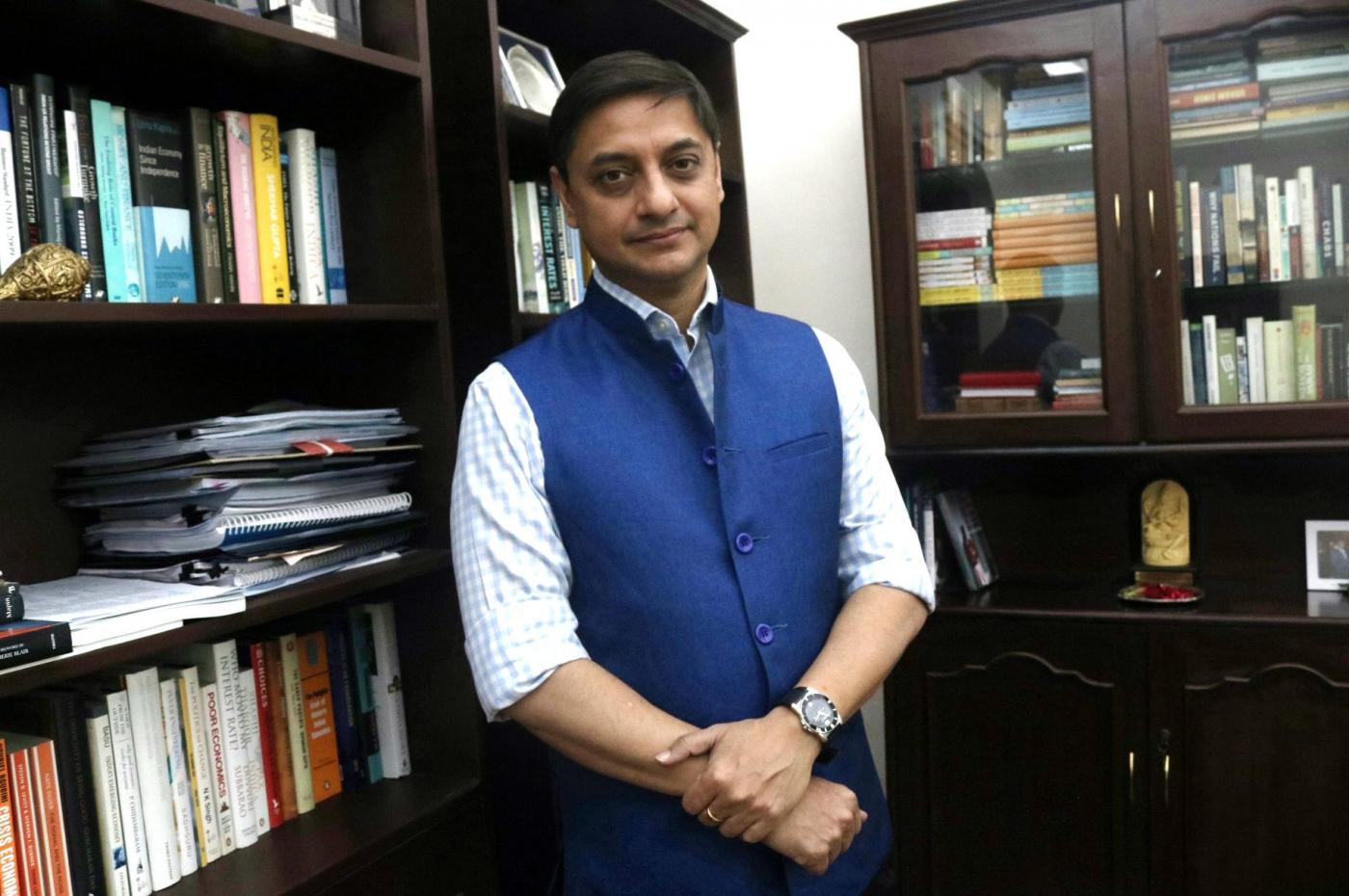Allegations of jobless growth are baseless and the country is witnessing large creation of jobs, a senior official has said. However, there is a serious lack of data on jobs in the informal sector, as also seasonality and migration, he said…reports Asian Lite News

“Job creation is a major issue in a country of our size and our demographics. But the question is, is it the case which has been so-called the jobless growth? No,” Principal Economic Adviser to the Finance Ministry Sanjeev Sanyal told IANS.
“Part of the problem is lack of data. For example, you had massive growth in truck sales this year. Now someone is driving those trucks. Similarly, in last three-four years, there has been a huge increase in Ola cabs, etc. Where in the data does that show?”
Sanyal said the government has been working for several years to come up with an appropriate methodology for collection of labour data. It has been proving difficult due to the informal sector and the seasonal nature of the jobs in the country, he said.
As for the Employees’ Provident Fund Organisation (EPFO) payroll data, which Prime Minister Narendra Modi uses to claim job creation, Sanyal said it is partial data but reliable. On Employees’ State Insurance Corporation (ESIC) data, which showed an opposite trend, he said he was unaware about this.
While the recent EPFO data showed creation of 47 lakh new jobs between September 2017 and June 2018, ESIC data showed 23 lakh jobs were lost in the same 10-month period, as per the Ministry of Statistics and Programme Implementation (MoSPI).
“Similarly, Amazon requires large number of couriers. That is a huge job market expansion. These are basic level full-time jobs and there are large number of such jobs being created. The question is where in your insurance data does it show?
“Some of these companies are of non-trivial size. What do you mean by informality (of a job) becomes itself a debate. It’s not necessarily informal. These are full time jobs, wherever the guy may appear in the statistics. It’s not a pakoda-seller’s job.
“I have a problem with a blanket statement being made that there is jobless growth. If there was actually jobless growth, you would see many other things happening. We are seeing income tax payments going up. GDP growth rate is clearly rising,” he said.
The economy grew at 8.2 per cent in the April-June first quarter of 2017-18, signalling the completion of its V-shaped recovery process. It was dented by demonetisation and Goods and Services Tax (GST) that drove many small enterprises out of business. However, large firms are now set to gain from the uniform tax regime after the initial disturbance.
On people becoming obsolete mid-career due to advancements in technology and fast changes in the economy, Sanyal said: “This is a debate about re-skilling and not about job creation. It is not the biggest of our concerns because our average Indian is 26 years old.”
“I cannot make policies on individual cases. I have to make policies based on large number of people and I have to make trade-offs. Given our demographics and where we are in our growth cycle, our first bet has to do with deploying the young workforce and leapfrog it to the highest level of technology they can absorb.
“We need to prioritise reskilling, upskilling and very importantly technological leapfrogging. If we allow ourselves to get caught by some Luddite ideas that this (technology) is destroying jobs, that thinking will actually destroy jobs,” he said.








